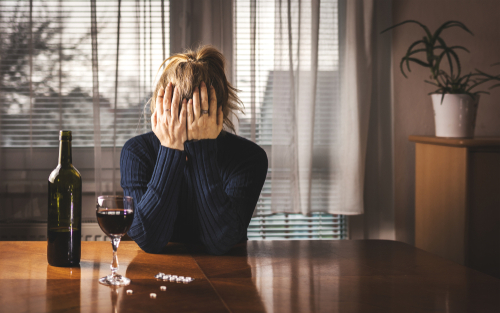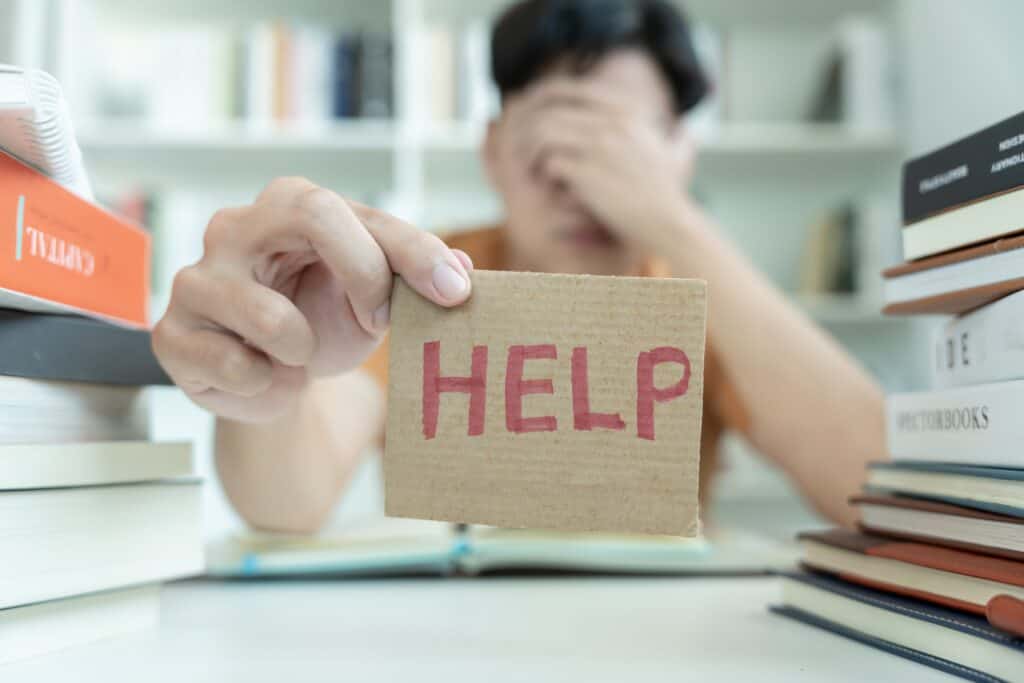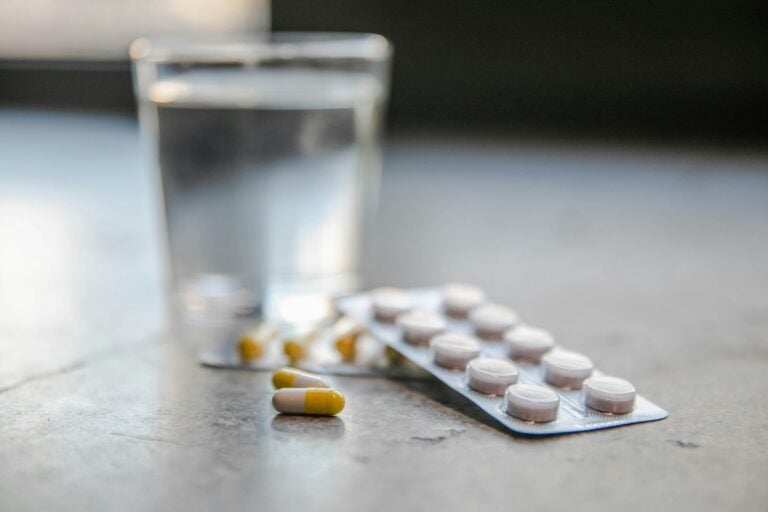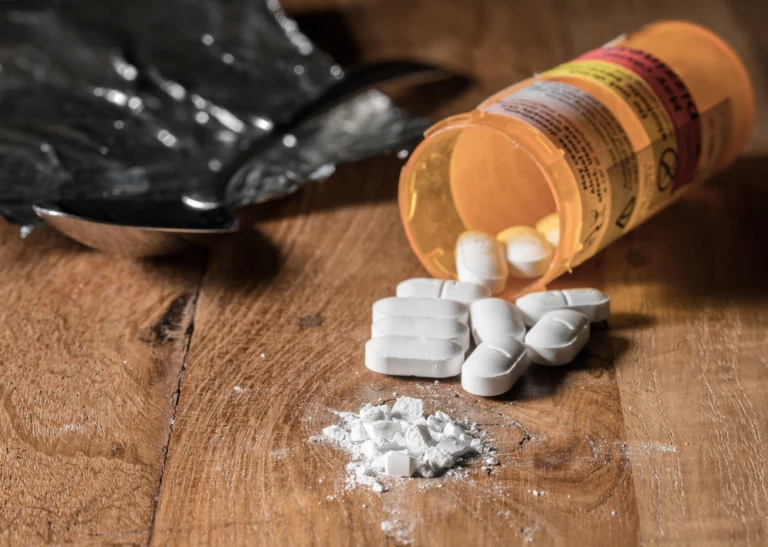Drug addiction is a complex and deeply personal experience that varies from person to person. It encompasses physical, emotional, and psychological aspects, making it a multifaceted challenge. This blog delves into what drug addiction feels like, capturing the range of emotions and sensations that individuals may experience during their struggle with substance abuse.
The Onset: The Initial High
For many, drug addiction begins with the initial high, a euphoric feeling that seems unparalleled. This phase can be described as exhilarating, with a sense of pleasure and escape from reality. The initial use of drugs often leads to a temporary sense of relief from stress, anxiety, or depression, which is why many individuals turn to substances in the first place.
According to the National Institute on Drug Abuse, the brain’s reward system is flooded with dopamine during drug use, creating feelings of pleasure and reinforcing the behavior. This initial high can be deceiving, as it often masks the potential for dependency and addiction.

The Descent: Cravings and Dependency
As drug use continues, the body and mind start to crave the substance. Cravings can be intense and all-consuming, leading individuals to prioritize drug use over other aspects of their lives. This is when dependency starts to set in. Dependency can be both physical and psychological, causing a person to feel as though they need the drug to function normally.
The Mayo Clinic explains that with continued use, the brain adapts to the excess dopamine by producing less of it naturally, which diminishes the ability to feel pleasure from everyday activities. This change in brain chemistry makes it difficult for individuals to find joy without the substance, perpetuating the cycle of addiction.
The Physical Toll: Withdrawal Symptoms
Withdrawal symptoms are one of the most challenging aspects of drug addiction. When the body becomes dependent on a drug, sudden cessation can lead to a variety of unpleasant symptoms. These can include nausea, vomiting, sweating, shaking, and severe anxiety or depression.
The American Addiction Centers note that withdrawal symptoms can vary depending on the substance used, the duration of use, and the individual’s overall health. For some, withdrawal can be life-threatening, necessitating medical supervision during the detox process.
The Emotional Rollercoaster: Guilt and Shame
Emotionally, drug addiction can be devastating. Many individuals experience intense feelings of guilt and shame about their addiction. They may feel as though they have lost control over their lives and may struggle with self-worth and identity.
According to the Substance Abuse and Mental Health Services Administration (SAMHSA), these feelings can lead to isolation and secrecy, as individuals may hide their addiction from loved ones and avoid seeking help. This isolation can further exacerbate feelings of loneliness and despair.

The Psychological Struggle: Anxiety and Depression
Mental health issues such as anxiety and depression are often intertwined with drug addiction. The National Institute of Mental Health (NIMH) states that drug addiction and mental health disorders often co-occur, each exacerbating the other. This can create a vicious cycle where the individual uses drugs to cope with mental health symptoms, only to find that their mental health worsens over time.
The Impact on Relationships: Strained Bonds
Drug addiction doesn’t just affect the individual; it impacts their relationships with family members, friends, and colleagues. Trust can be broken, and relationships can become strained or severed due to the behaviors associated with addiction.
Loved ones may feel helpless, angry, or betrayed by the addicted individual’s actions. This strain can lead to further emotional distress and a feeling of being trapped in a downward spiral.

Recognizing the Signs of Addiction
Recognizing the signs of addiction is crucial for early intervention and treatment. These signs can include changes in behavior, neglecting responsibilities, and physical symptoms such as weight loss or poor hygiene. Being aware of these signs can help family members and friends provide the necessary support.
- Intense cravings for the substance.
- Inability to control or reduce substance use.
- Neglecting responsibilities at work, school, or home.
- Continuing to use the substance despite knowing the harm it causes.
- Developing tolerance, needing more of the substance to achieve the same effect.
- Experiencing withdrawal symptoms when not using the substance.
- Spending a lot of time obtaining, using, or recovering from the effects of the substance.
- Giving up social, recreational, or occupational activities because of substance use.
Recognizing the signs of addiction is crucial for early intervention and treatment. These signs can include changes in behavior, neglecting responsibilities, and physical symptoms such as weight loss or poor hygiene. Being aware of these signs can help family members and friends provide the necessary support.
The Mayo Clinic lists several signs of addiction, including intense cravings, withdrawal symptoms, and continued use despite negative consequences. Identifying these signs early can make a significant difference in an individual’s recovery journey.
The Role of Behavioral Therapy
Behavioral therapy is a critical component of addiction treatment. It helps individuals understand the root causes of their addiction and develop healthier coping mechanisms. Behavioral therapy can be used to treat various types of addiction, including those related to stimulants, opioids, and alcohol. Addressing behavioral health is essential in addiction treatment. Behavioral health encompasses mental health, substance use disorders, and other behaviors that impact well-being. Comprehensive treatment that addresses all aspects of a person’s health is crucial.
The Challenge of Opioid Use and Fentanyl
Opioid use, particularly involving fentanyl, poses a significant challenge in the fight against addiction. Fentanyl is a powerful synthetic opioid that is much stronger than other opioids, making it highly addictive and dangerous. Its potency is such that even a small amount can cause a fatal overdose. This has led to a surge in overdose deaths, as fentanyl is often mixed with other drugs, sometimes without the user’s knowledge. The Centers for Disease Control and Prevention (CDC) reports a sharp increase in fentanyl-related overdoses in recent years, underscoring the urgency of addressing this crisis. The spread of fentanyl has been linked to its low cost and high profit margins for illicit drug manufacturers, further complicating efforts to control its distribution and use.

The Impact of Painkillers
Painkillers, especially prescription opioids, have been a major factor in the addiction crisis. These medications are often prescribed for legitimate medical reasons but can lead to dependency and addiction. The National Institute on Drug Abuse notes that opioid painkillers are a significant contributor to the opioid epidemic.
The Link to Post-Traumatic Stress Disorder (PTSD)
Post-traumatic stress disorder (PTSD) is often linked to drug addiction. Individuals with PTSD may use substances to cope with their symptoms, leading to a dual diagnosis of PTSD and addiction. The National Center for PTSD provides resources and information on the connection between PTSD and substance abuse.
Connect With Us Now
Reach out to us now for immediate support, or let us know the best time to contact you through our confidential callback service. Your journey to healing is just a conversation away.
Exploring Treatment Options
Oasis Recovery Center
Oasis Recovery Center offers comprehensive treatment for those struggling with addiction. They provide a range of services, including detox, therapy, and aftercare support. The Oasis Recovery Center emphasizes a holistic approach to recovery, incorporating therapies such as yoga and meditation alongside traditional treatment methods.
Oasis Recovery Center also provides resources for family members, helping them understand addiction and how to support their loved ones. By involving family members in the recovery process, Oasis Recovery Center aims to create a supportive and healing environment.
Knoxville Recovery Center
Knoxville Recovery Center provides a peaceful retreat in the foothills of Eastern Tennessee, offering medical detox and residential treatment for addiction and co-occurring mental health conditions. Founded by individuals in recovery, it emphasizes personalized care through individualized treatment plans. The center combines traditional methods with holistic therapies, such as yoga, meditation, and nutrition education, to treat the whole person. They also offer aftercare planning to support clients in maintaining their recovery after treatment.
Conclusion
Drug addiction is a harrowing experience that affects every aspect of a person’s life. From the initial high to the depths of withdrawal and the ongoing battle for recovery, addiction encompasses a wide range of feelings and challenges. Understanding these aspects can foster empathy and support for those struggling with addiction and highlight the importance of comprehensive treatment and support networks.








